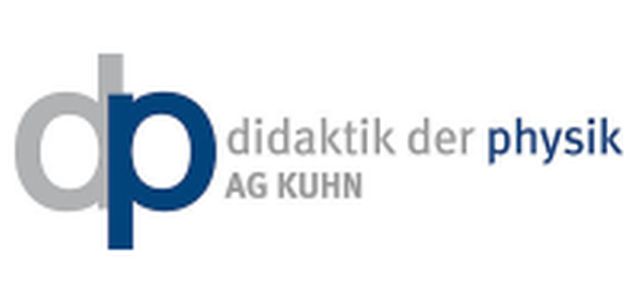
Experiment with Augmented Reality and Intelligent Data Glasses
With the help of Augmented Reality (AR) glasses, real and virtual worlds can be merged. AR allows things to be visualized that are otherwise invisible to the human eye, such as electricity or atoms. The combination of physicsal experiments, sensors and AR glasses allows a whole new way of interacting with these experiments.
This technology is used e.g. in the project Be-Greifen.
Eyetracking for eye data analysis
Eyetracking makes it possible to follow the eye movement of test persons. By evaluating this data, eye movement patterns can be created, areas of interest can be identified and the order in which serveal objects are viewed can be analysed.
On this basis, the individual skill of pupils and students can be identified and and individual tasks can be assigned. How are visual problems analysed and solutions worked out? Can visual clues help at solving given tasks.
Eyetracking can also be used, for example, to analyse the attention and interest of the listeners during a lecture (e.g. an instructive test for students in teacher training) and based on this, optimise the presentation.
This technology is used e.g. in the SUN project.
Individual learning based on sensor data
Sensors allow us to gain a direct insight into processes and states that are otherwise invisible to outside ovservers. Ist he given task to diffculte to handle or do the environemtal conditions induce stress that has a negative effect on the learning process?
iQL provides an insight into the latest sensor technologies such as electro-ocular glasses, electro-dermal bracelets, eyetrackers or augmented reality glasses and how these can be used in learning and working scenarios to measure the cognitive state of the test subject and to create conditions that reduce cognitive stress and increase efficiency.
Technology-based interaction/collaboration
In iQL teachers can use large all-in-one PCs to process their tasks digitally. The PCs are equipped with touchscreens and pen input. This way it’s possible to achive a feeling similar to the classic work conditions on paper.
The „Display as a Service“ technology from pxio used in iQL allows a teacher to access the lecturer’s displays simultaneously during the processing of tasks and thus observe the course of the task solution. In addition, direct corrective action can be taken, for example, in the event of misconceptions.
The technology also allows a wide variety of displays to be connected to each other, enabling group work across several displays. Finally, the results can be displayed visibly for all persons on the smartboards. Two Ricoh Interactive Whiteboards (D8400) are used for this purpose.
Contact
Dr. Nicolas Großmann
Phone: +49 631 20575 5304
nicolas.grossmann@dfki.de
Deutsches Forschungszentrum für Künstliche Intelligenz GmbH (DFKI)
Research Department Smart Data & Knowledge Services
Trippstadter Str. 122
67663 Kaiserslautern
Germany

